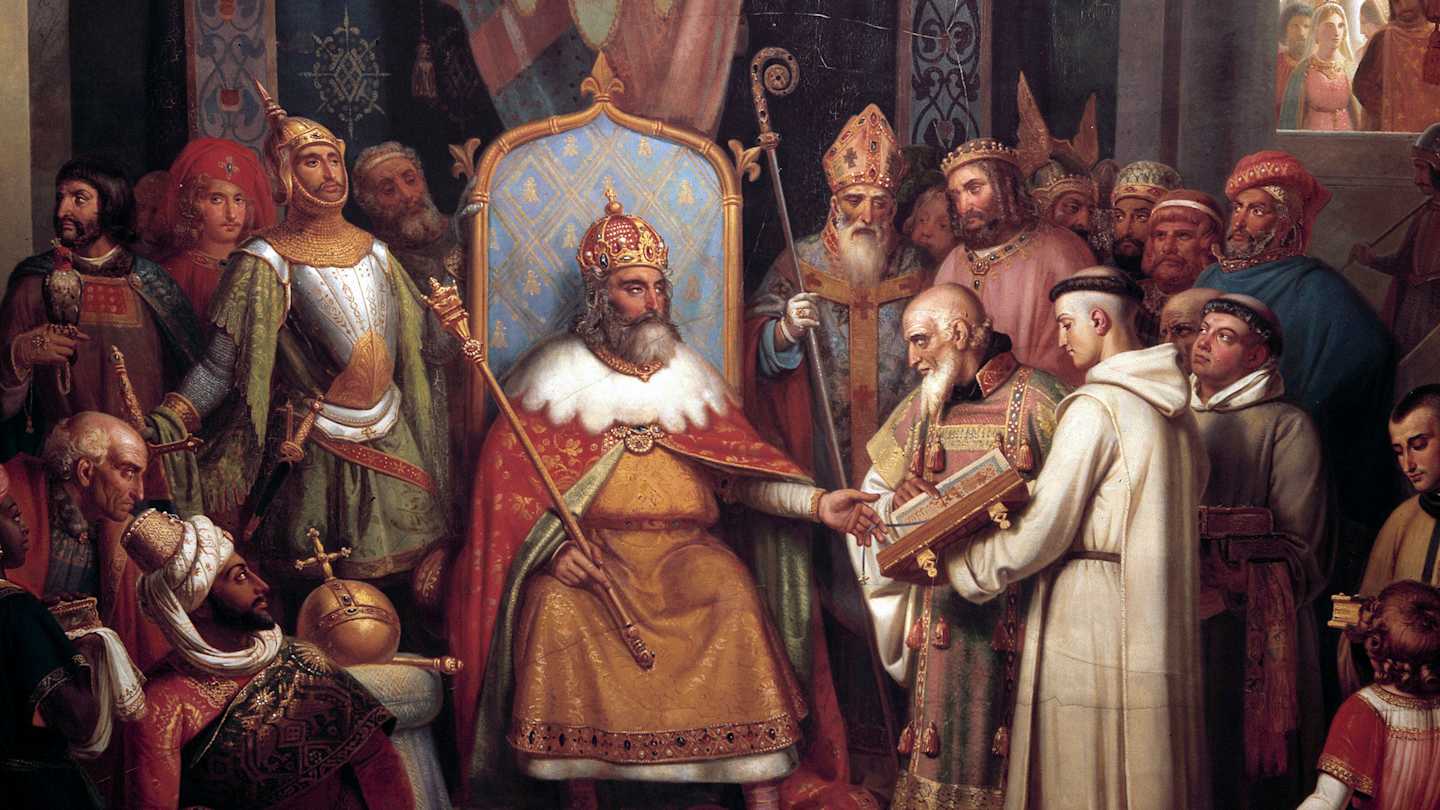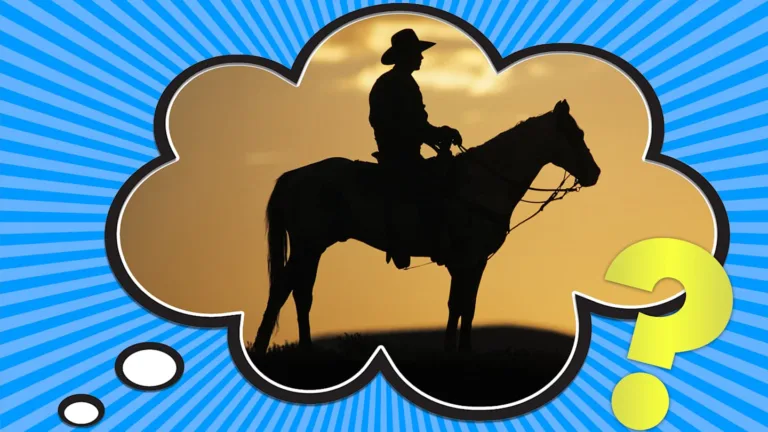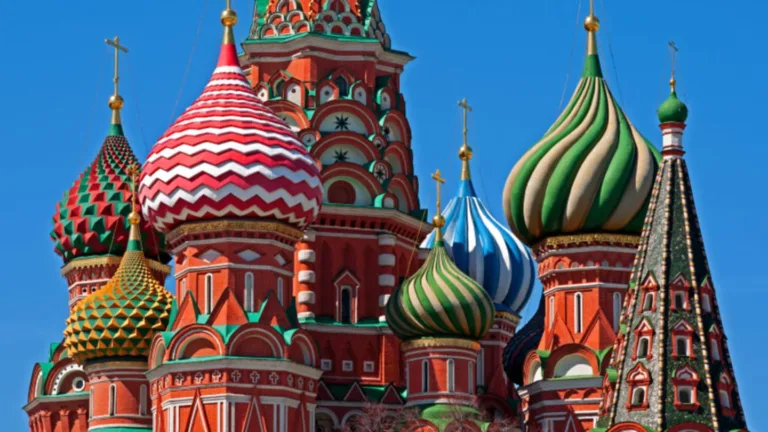Dive into the captivating world of Charlemagne, a figure who truly shaped the course of European history! This wasn’T Just Any King; he was a powerful Frankish ruler Who Reigned From 768 to 814 AD. His influence stretched far beyond his borders, encompassing much of Western Europe as We Know It Today – think France, Germany, Italy, and even parts of Spain!
But Charlemagne was more than just a conqueror. He had a vision for a united and flourishing Europe. This ambitious king fostered education and the arts, establishing schools and encouraging scholars to delve into classical literature and philosophy. Think of him as the ultimate Renaissance man before his time – he championed learning and innovation!
Charlemagne’S Impact Reverberates Through History. His legacy includes spreading Christianity across Europe, laying the foundation for strong centralized governments, and inspiring future European monarchies. If you’re fascinated by history and want to learn more about this remarkable king, Then Buckle up! We’re about to explore some truly fascinating fun facts about Charlemagne that will shed light on his life, achievements, and enduring influence. Prepare to be amazed!
Charlemagne’s Military Conquests
Charlemagne wasn’t just a lover of learning; he was also a brilliant military strategist. He expanded his Frankish empire through a series of impressive conquests, securing control over vast territories across Western Europe. Imagine him leading armies across mountains and plains, Uniting Kingdoms Under His banner! His most notable victories included the subjugation of Lombards in Italy, pushing back against the Saxons in Germany, and even venturing into Spain to combat Moorish rule.
Charlemagne’S Military Prowess wasn’T Solely About Brute Force; it was also about clever tactics and diplomacy. He understood the importance of alliances and often used them to his advantage. Think of him as a king who knew how to play the Political Game, building strong relationships with other rulers while maintaining a formidable army at His Disposal. This combination of military skill and political acumen made him a truly formidable force in medieval Europe.
These conquests weren’T Just About Territorial Expansion; they were part of Charlemagne’s grand vision for a united and Christianized Europe. He saw himself as a defender of the faith, extending the reach of Christianity into new territories and forging a powerful empire that would stand as a Bulwark Against External Threats.
Cultural Patronage and The Carolingian Renaissance
Charlemagne wasn’t just a king who conquered lands; he was also a passionate patron of the arts and sciences. He understood that a flourishing culture was essential for a strong and Prosperous Empire. So, he actively encouraged learning and scholarship Throughout His Realm, establishing schools and commissioning the translation of classical texts into Latin. Imagine him surrounded by scholars, debating philosophy and discussing ancient literature!
This period of renewed interest in classical learning and culture is known as The Carolingian Renaissance. It was a time when artists, writers, and thinkers were inspired by the works of ancient Greece and Rome. Charlemagne’s support helped to revive these lost traditions and set the stage for future intellectual advancements across Europe.
Think of Charlemagne’s cultural patronage as a spark that ignited a firestorm of creativity. He laid the groundwork for centuries of artistic and intellectual flourishing, shaping the very fabric of European culture as we know it today. His legacy extends far beyond his Military Conquests; it’s a testament to the power of knowledge and the enduring impact of a visionary ruler who believed in the transformative power of learning.
 What Do Doctors Wear On Their Head? History of Head Mirrors in Medicine
What Do Doctors Wear On Their Head? History of Head Mirrors in MedicineAdministrative Reforms and Standardization
Charlemagne wasn’t just a conqueror and patron of the arts; he was also a savvy administrator who understood the importance of order and efficiency within his vast empire. He knew that to effectively rule such a sprawling territory, he needed to implement standardized systems across all aspects of governance. Think of him as a medieval CEO, streamlining operations and laying the foundation for a well-Organized State.
One of Charlemagne’s most significant contributions was the standardization of weights and measures. Before his reign, different regions used their own unique systems, leading to confusion and inconsistencies in trade. By establishing uniform standards, Charlemagne facilitated commerce and created a more stable economic environment throughout his empire. He also introduced a new system of coinage, making it easier for people to conduct business and fostering greater financial stability.
These administrative reforms were crucial for the functioning of Charlemagne’s empire. They simplified complex processes, Promoted Fairness, and laid the groundwork for future legal and political developments in Europe. His focus on organization and efficiency helped to create a more cohesive and prosperous society, solidifying his legacy as a truly Visionary Ruler.
Charlemagne’s Lasting Legacy
Charlemagne’s impact on history is undeniable. His reign wasn’t just a fleeting moment in time; it was a turning point that shaped the course of European civilization for centuries to come. Think of him as the architect who laid the foundation for modern Europe, his legacy echoing through the halls of power and the corridors of culture.
His military conquests united vast swathes of land under one rule, forging a political entity that would become the basis for future empires. His patronage of learning sparked The Carolingian Renaissance, reviving classical knowledge and setting the stage for intellectual advancements throughout the continent. And his administrative reforms created a more stable and efficient framework for governance, influencing legal and political systems long After His Death.
Charlemagne’s story is a testament to the power of ambition, vision, and leadership. He wasn’t just a king; he was a reformer, a patron of the arts, and a builder of empires. His Lasting Legacy reminds us that even in the midst of conflict and change, one individual can leave an indelible mark on the world stage.
Shaping Europe Through Faith and Power
Charlemagne’S Reign wasn’T Just About Earthly Power; it was also deeply intertwined with Religious Conviction. He saw himself as a champion of Christianity, working to spread its influence throughout His Vast Empire. Think of him as a devout warrior who believed in the power of faith to unite and uplift people.
He actively supported the construction of churches and monasteries, providing financial aid and patronage to Religious Institutions. Imagine him presiding over grand ceremonies, reaffirming his commitment to the Christian faith and inspiring his subjects to Embrace Its Values. Charlemagne also played a crucial role in solidifying the relationship between church and state, shaping the political landscape of medieval Europe.
His efforts to promote Christianity had a profound impact on the cultural and social fabric of his empire. By shaping Europe through both faith and power, Charlemagne left an enduring legacy that continues to influence Western civilization today. His story serves as a reminder of the complex interplay between religion, politics, and the pursuit of power throughout history.










